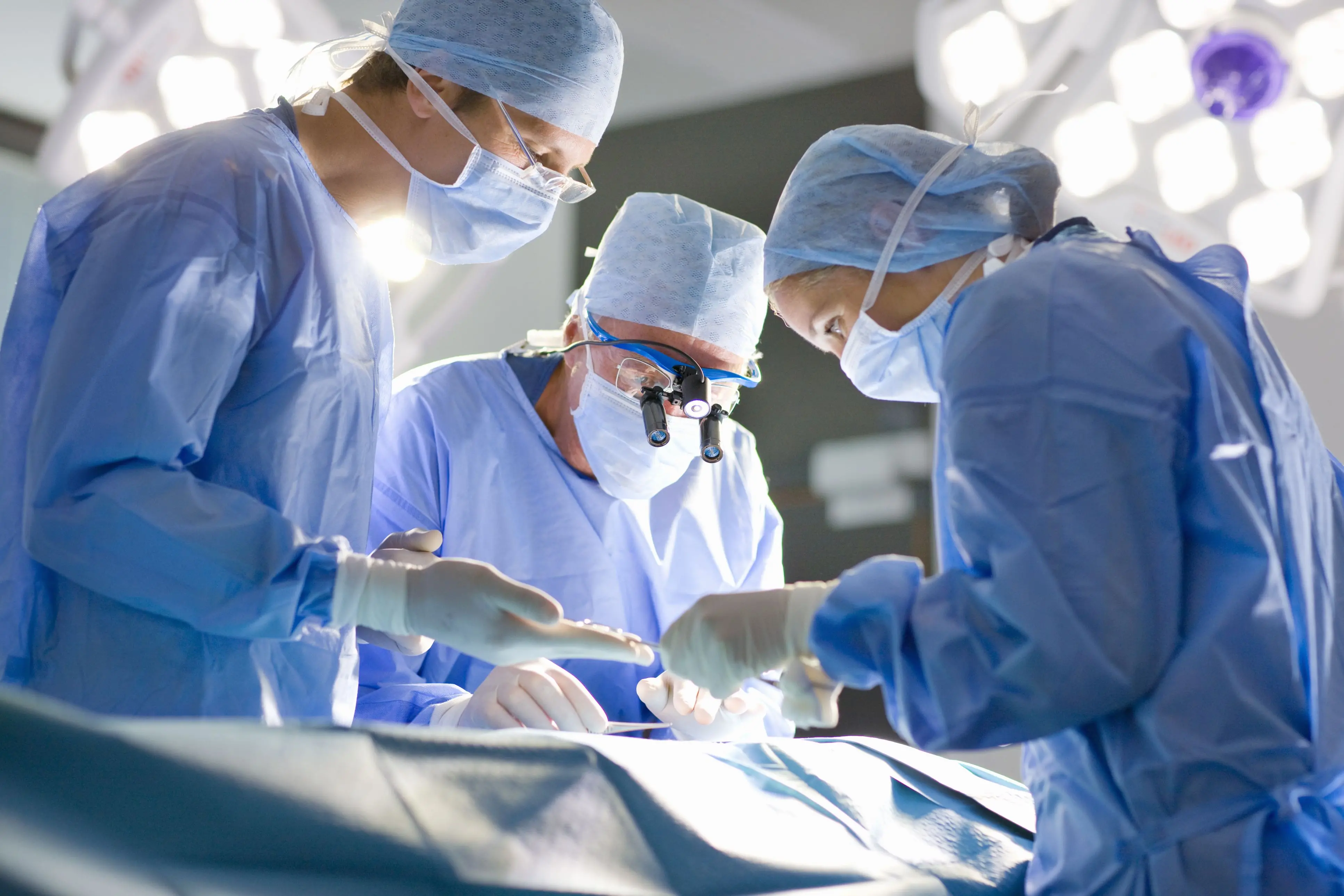- Home
- Medical news & Guidelines
- Anesthesiology
- Cardiology and CTVS
- Critical Care
- Dentistry
- Dermatology
- Diabetes and Endocrinology
- ENT
- Gastroenterology
- Medicine
- Nephrology
- Neurology
- Obstretics-Gynaecology
- Oncology
- Ophthalmology
- Orthopaedics
- Pediatrics-Neonatology
- Psychiatry
- Pulmonology
- Radiology
- Surgery
- Urology
- Laboratory Medicine
- Diet
- Nursing
- Paramedical
- Physiotherapy
- Health news
- Fact Check
- Bone Health Fact Check
- Brain Health Fact Check
- Cancer Related Fact Check
- Child Care Fact Check
- Dental and oral health fact check
- Diabetes and metabolic health fact check
- Diet and Nutrition Fact Check
- Eye and ENT Care Fact Check
- Fitness fact check
- Gut health fact check
- Heart health fact check
- Kidney health fact check
- Medical education fact check
- Men's health fact check
- Respiratory fact check
- Skin and hair care fact check
- Vaccine and Immunization fact check
- Women's health fact check
- AYUSH
- State News
- Andaman and Nicobar Islands
- Andhra Pradesh
- Arunachal Pradesh
- Assam
- Bihar
- Chandigarh
- Chattisgarh
- Dadra and Nagar Haveli
- Daman and Diu
- Delhi
- Goa
- Gujarat
- Haryana
- Himachal Pradesh
- Jammu & Kashmir
- Jharkhand
- Karnataka
- Kerala
- Ladakh
- Lakshadweep
- Madhya Pradesh
- Maharashtra
- Manipur
- Meghalaya
- Mizoram
- Nagaland
- Odisha
- Puducherry
- Punjab
- Rajasthan
- Sikkim
- Tamil Nadu
- Telangana
- Tripura
- Uttar Pradesh
- Uttrakhand
- West Bengal
- Medical Education
- Industry
Bladder Cystectomy Increases the Risk of Vaginal Complications

Radical cystectomy is the gold standard in the treatment of invasive bladder cancer. In a recent study, researchers have reported higher rates of vaginal complications following cystectomy. The study findings were published in the Journal of Urology on December 02, 2021.
Studies have shown that cystectomy with a vaginal sparing approach may be associated with unique complications specific to the female population. To further explore this, Dr Lee A. Richter and her team conducted a study and examined the incidence of vaginal complications (defined to include vaginal prolapse, vaginal fistula, dyspareunia, and vaginal cuff dehiscence/evisceration) after cystectomy, they further evaluated the risk factors for these complications.
In this study, the researchers included 481 women undergoing cystectomy from the Medicare Limited Data Set. Among 481 women, 37.2% were less than 70 years old. They compared the patients experiencing a vaginal complication after cystectomy to those who did not. They evaluated the demographic and biological factors that could increase the likelihood of complications and determined the time to development of complications. They used Kaplan-Meir estimates to calculate the cumulative incidence. They also used a multivariable cause-specific Cox proportional hazards model to assess the risk factors for vaginal complications.
Key findings of the study:
- Upon analysis, the researchers found that the majority 378 (79%), had bladder cancer and, 401 (83.4%) underwent an incontinent conduit or catheterizable channel diversion.
- They noted that within two years of cystectomy, 93 patients (19.5%) had one or more complications on record.
- They found that the vaginal cuff dehiscence had the highest cumulative incidence, occurring in 49 patients (10.2%).
- Over the entire study period (2011–2017), they noted that 102 women (21.2%) were diagnosed with a vaginal complication, and 27 (5.6%) received an intervention.
The authors concluded, "Among women who undergo cystectomy, vaginal complications occur at rates higher than expected with over 20% of women experiencing a complication and over a quarter of those diagnosed undergoing intervention."
For further information:
Medical Dialogues Bureau consists of a team of passionate medical/scientific writers, led by doctors and healthcare researchers. Our team efforts to bring you updated and timely news about the important happenings of the medical and healthcare sector. Our editorial team can be reached at editorial@medicaldialogues.in.
Dr Kamal Kant Kohli-MBBS, DTCD- a chest specialist with more than 30 years of practice and a flair for writing clinical articles, Dr Kamal Kant Kohli joined Medical Dialogues as a Chief Editor of Medical News. Besides writing articles, as an editor, he proofreads and verifies all the medical content published on Medical Dialogues including those coming from journals, studies,medical conferences,guidelines etc. Email: drkohli@medicaldialogues.in. Contact no. 011-43720751


